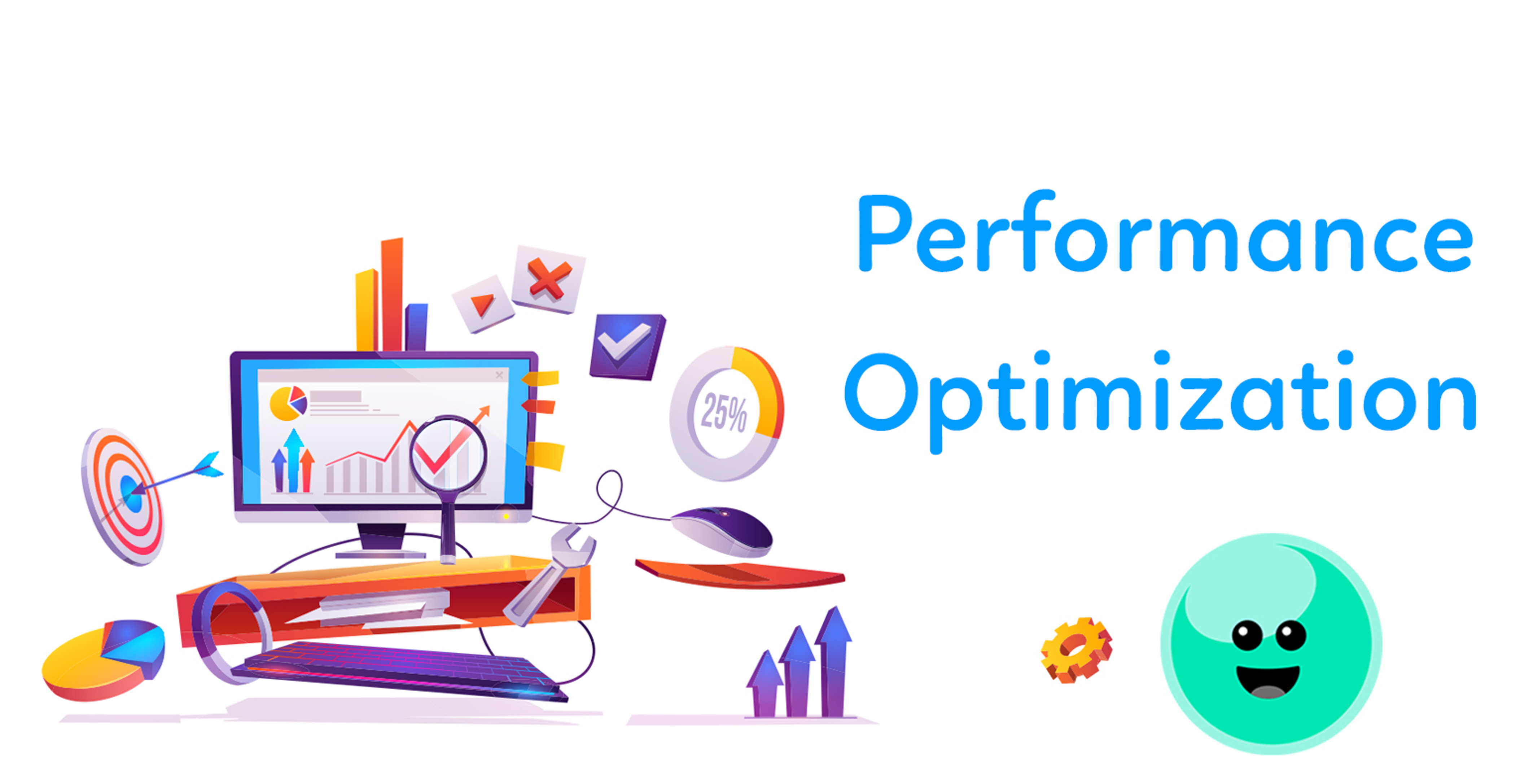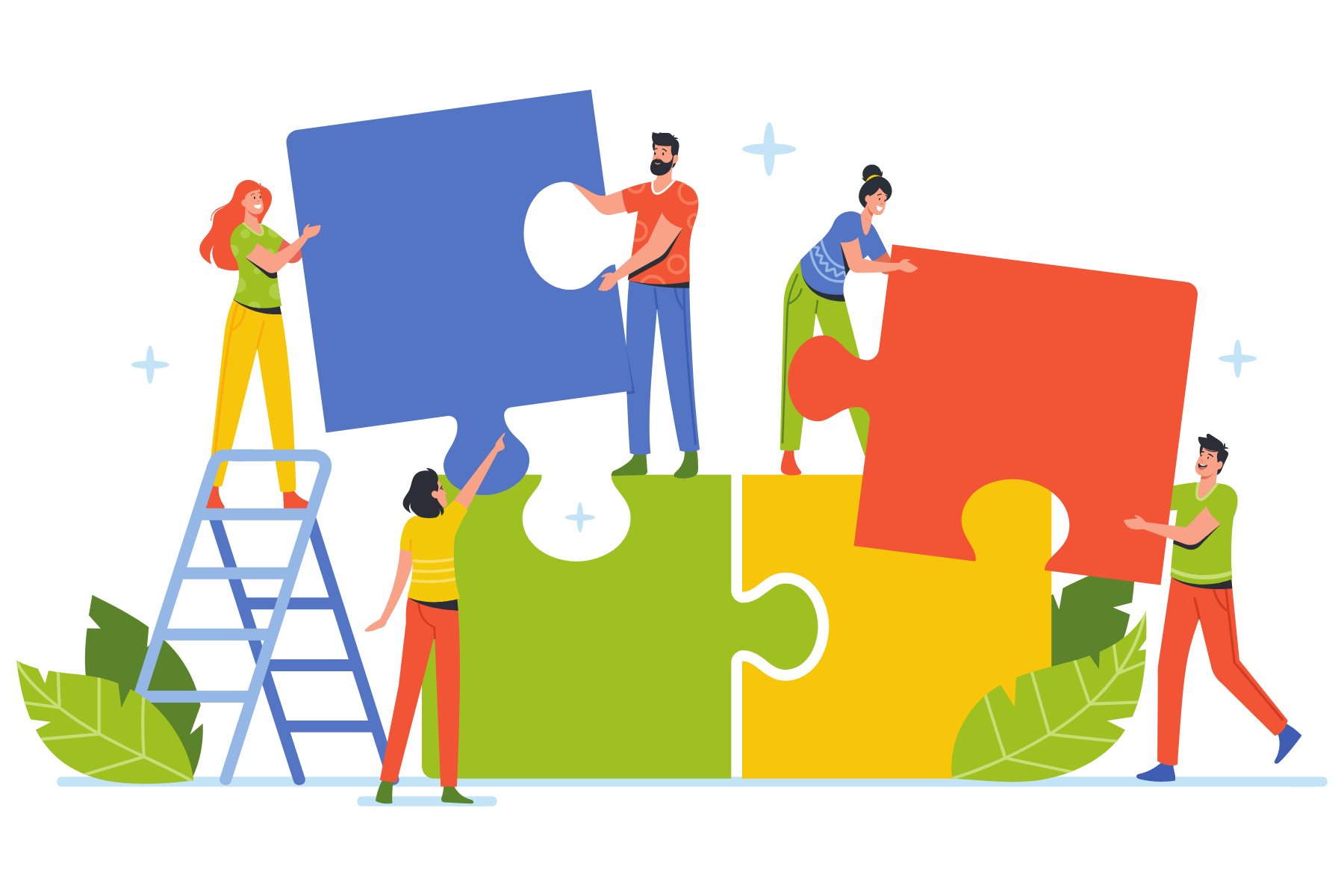.png)
Pro tips

Individuals can improve skills as a team player and solo performer using below recommendations.
Seek feedback: It's essential to establish clear goals and expectations for the team and for individual tasks. This helps ensure that everyone is working towards the same objective and can focus on their specific responsibilities.
Develop effective communication skills: Effective communication is crucial for successful teamwork and solo performance. This includes active listening, clear and concise communication, and open and honest feedback.
Develop problem-solving skills: Trust and mutual respect are the foundation of effective teamwork. Team members should be able to rely on each other, respect each other's opinions and expertise, and feel comfortable sharing their thoughts and ideas.
Focus on time management: Clearly defining each team member's role and responsibilities helps ensure that everyone knows what is expected of them and can work together more efficiently.
Seek out leadership opportunities: Collaboration involves working together towards a common goal and leveraging each team member's strengths and expertise. Team members should be encouraged to actively collaborate, share their ideas and feedback, and be open to constructive criticism.
Embrace learning: Time management is crucial for both teamwork and solo performance. Setting clear priorities, creating schedules and deadlines, and learning to manage time effectively can help improve productivity and overall performance.
By following these recommendations, individuals can improve their skills as team players and solo performers, increase their effectiveness and productivity, and achieve their personal and professional goals. With dedication, effort, and a commitment to continuous learning, anyone can become a successful team player and solo performer.
Activities:
Group problem-solving exercise:

Instructions:
- Divide employees into two groups
- one group of individuals and another group of team members.
- Provide both groups with a complex problem or challenge to solve, such as a business case or a puzzle.
- Give the individual group a set amount of time to work on the problem alone, while the team group has the same amount of time to collaborate and work together.
- After the time is up, bring both groups together to compare their solutions and discuss their processes.
- Ask employees to reflect on the experience and identify the strengths and weaknesses of each approach.
Outcome:
This activity can help employees understand the benefits and drawbacks of working as an individual performer versus working as part of a team. By experiencing both approaches first-hand, employees can gain a better appreciation for the value of teamwork and the strengths of individual performers.
It's important to emphasize that neither approach is inherently better than the other, but that each has its own unique strengths and weaknesses. By highlighting the value of both teamwork and individual performance, employees can learn to leverage their strengths and work effectively in any environment.
Bonus activities:

Volunteer work: Participating in volunteer work as a team can help foster a sense of community and teamwork while helping to make a positive impact on the community. Examples include volunteering at a food bank, cleaning up a local park, or working on a Habitat for Humanity build.
Team-building retreats: Team-building retreats are designed to provide team members with a break from the office while engaging in team-building exercises and activities. Examples include outdoor adventures such as hiking or camping, team-building workshops, and group meals and social activities.
These are just a few examples of the many activities that can help employees learn more about teamwork. The key is to find activities that are engaging, fun, and relevant to the team's objectives. By engaging in these activities, employees can develop their teamwork skills and become more effective team members.